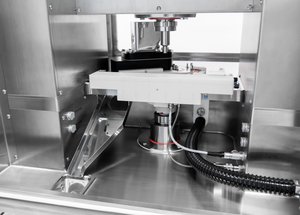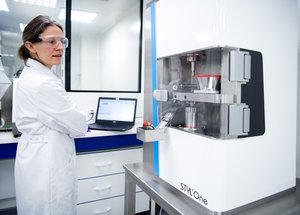Meeting the challenge of rising API complexity: Lonza IP- and reaxys AI-enabled route design technology
The complexity of small molecule active pharmaceutical ingredients (APIs) is increasing, resulting in longer synthesis processes that pose challenges for innovators aiming for timely clinical readiness. Extended synthetic pathways complicate the ability of process chemists to achieve the ideal API manufacturing process and lead to more intricate raw material and intermediate supply chains. These factors can adversely affect startup times and prolong preclinical development timelines.
To address the growing complexity, pharmaceutical innovators and cheminformatics technology companies have created computer-aided synthesis design technologies (CSDTs). These technologies calculate the shortest and most promising retrosynthetic pathways to accessible starting materials based on a target molecule. In this discussion, we highlight the award-winning AI and extensive data that drive a leading predictive retrosynthesis technology. We explain how Lonza Small Molecules, by leveraging its development and manufacturing intellectual property within this CSDT, has customized its performance to meet the needs of our process chemists in Preclinical Route Design. We will share our insights on the effects of synthetic route brevity, supply chain strategy, and ultimately, route selection. With this tailored enabling technology, Lonza's subject matter experts are assisting our partners in managing API complexity and expediting IND readiness through our Lonza Route Scouting Service.

Comments
No comments posted yet.














